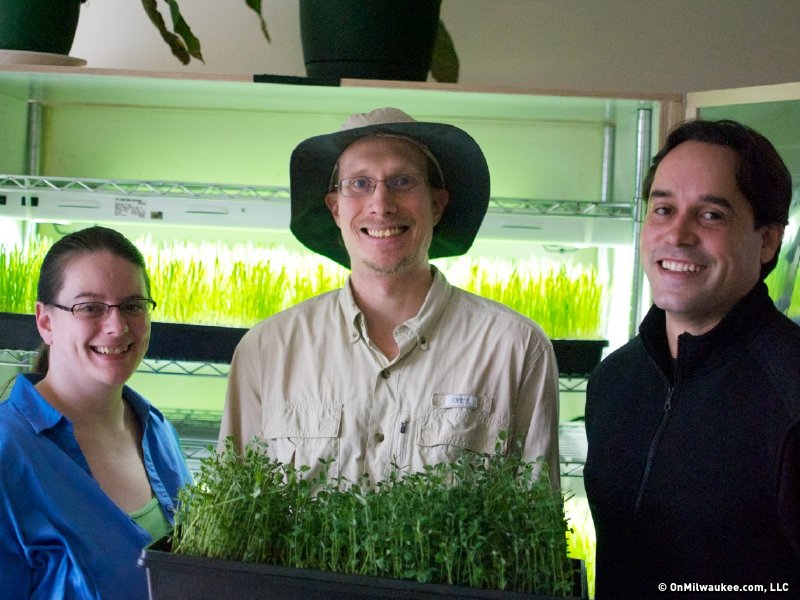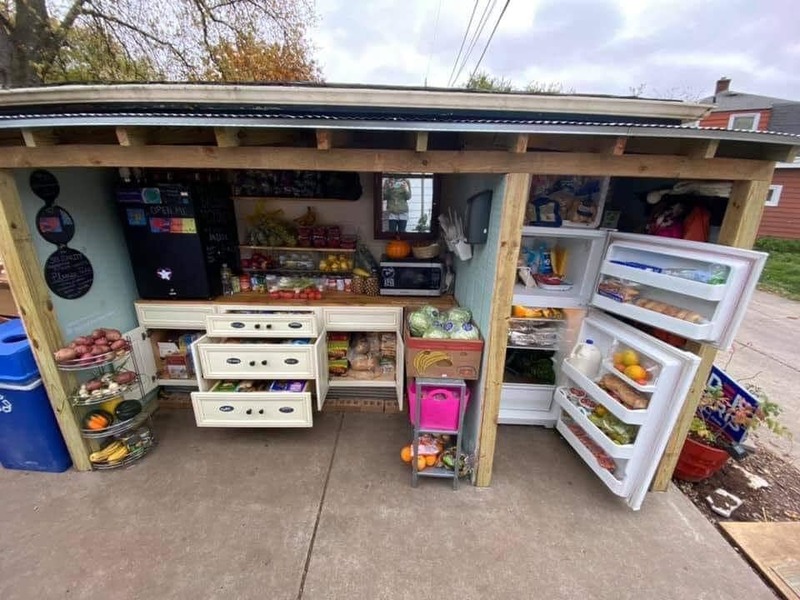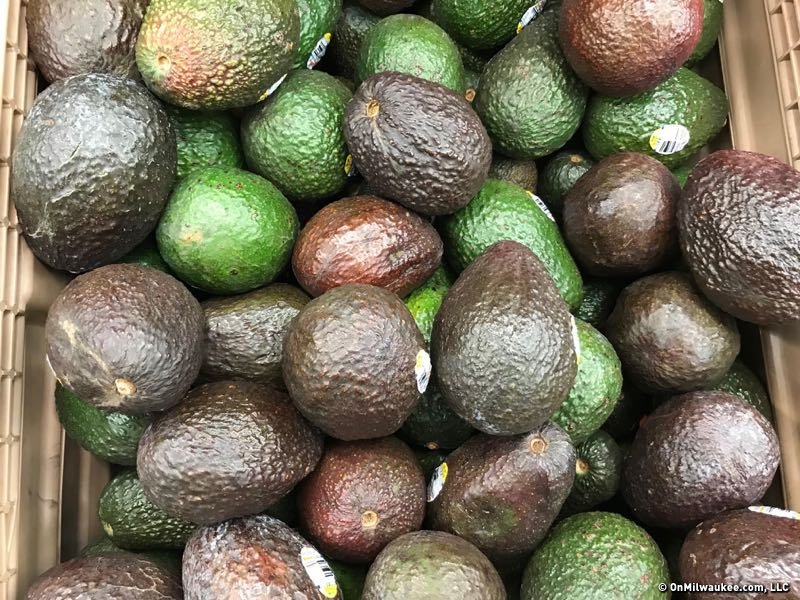Milwaukee’s Hillery Farrell took a mission trip to Kenya where she met a hearing-impaired little girl named Hilda who touched her heart. Farrell saw first-hand what many of us have only heard – there are millions of children in the world who do not have access to health care or nutrition.
"I came back from Africa with a sense of hopelessness but also a desperation to do something," says Hillery.
Hillery and her husband, Tony, decided to sponsor a few children in Africa, but over time, the Farrells, who have been married for a decade and have two sons, decided this wasn’t enough.
"I sensed a yearning in Hillery and it became heavier and heavier on my heart until I couldn’t sit still anymore," says Tony.
In early 2012, Tony – who also owns his own small business – enrolled in the commercial agriculture program at Growing Power. The mission of the program is to help people living in urban areas learn how to operate a commercially viable farm. He says the program was very intense and in-depth and that Growing Power founder Will Allen was "gentle, nurturing and very encouraging."
However, in the middle of the program, Tony became uncertain of how he could manifest the outcome they were looking for and if he would even be able to complete the program.
"I didn’t know what to do as the guy with no farming skills, no money, no resources and no connections to people who could help me," says Tony. "Will kept saying, ‘just do something.’ ‘Just get started.’ ‘Everything starts with the soil.’"
And so, Tony started with two worm bins in his apartment.
Soon, two became four and four became 10 and today, most of the Farrells' near West Side apartment is filled with worm bins and large wooden structures filled with microgreens.
Tony and Hillery now produce 600 pounds of microgreens a month – predominantly pea shoots, sunflowers, buckwheat and wheatgrass. They call their organization "Farmer Tony’s Mission Greens" and sell a fair share of the all-natural, pesticide-free greens at farmer’s markets and to caterers and they are working on relationships with local restaurants.
They also eat a lot of what they produce.
"We joke that we’re going to make a documentary like the guy who ate only McDonald’s in 'Supersize Me,' but we’ll only eat our microgreens," says Tony.
Tony built the microgreen structures with the help of Miguel Castro Jr. In 2010, Castro received an industrial design degree from the Milwaukee Institute of Art and Design after completing his time in the Marines and serving active duty.
For Castro, the timing of meeting the Farrells was perfect. Castro says after the Marines and college, he found himself searching for his place in the community and meeting Tony and taking part in the sustainable food movement has helped him immensely.
"It’s amazing what you can find when you search for purpose out of necessity," says Castro.
Together, the men built the prototype structures – called "educational microfarms" – and they are currently working on new designs. They would eventually like to mass produce them to sell to schools and private homes.
"So many kids in the city have no idea where food comes from. The best place these could be is in schools," says Tony.
Microgreens are ideal for urban, indoor farming because they grow quickly and do not require a lot of space. They are also extremely nutritious and ensure food security.
"It’s some of the most nutritious food on the planet. Loaded with protein and vitamins," says Tony. "And if we ever needed to feed a lot of people in a hurry there would be no greater way to do this than with a system like this."
Hillery says part of their mission is teaching people how easy and mess-free it is to farm indoors.
"We want to blow away the barriers that people put up for themselves because really, you can do it. Anyone can do it," says Hillery. "I never considered myself to have a 'green thumb' before doing this."
Tony, who dresses in African safari gear when he’s promoting his mission, has a variety of upcoming events and workshops. A full list is here.
"We hear a lot about farm-to-table food, and that’s great. But what if the farm is literally eight feet away? Or what if the farm is next to the table or beneath the table?" says Tony. "For one thing, we’d all be a lot healthier."
Molly Snyder started writing and publishing her work at the age 10, when her community newspaper printed her poem, "The Unicorn.” Since then, she's expanded beyond the subject of mythical creatures and written in many different mediums but, nearest and dearest to her heart, thousands of articles for OnMilwaukee.
Molly is a regular contributor to FOX6 News and numerous radio stations as well as the co-host of "Dandelions: A Podcast For Women.” She's received five Milwaukee Press Club Awards, served as the Pfister Narrator and is the Wisconsin State Fair’s Celebrity Cream Puff Eating Champion of 2019.







